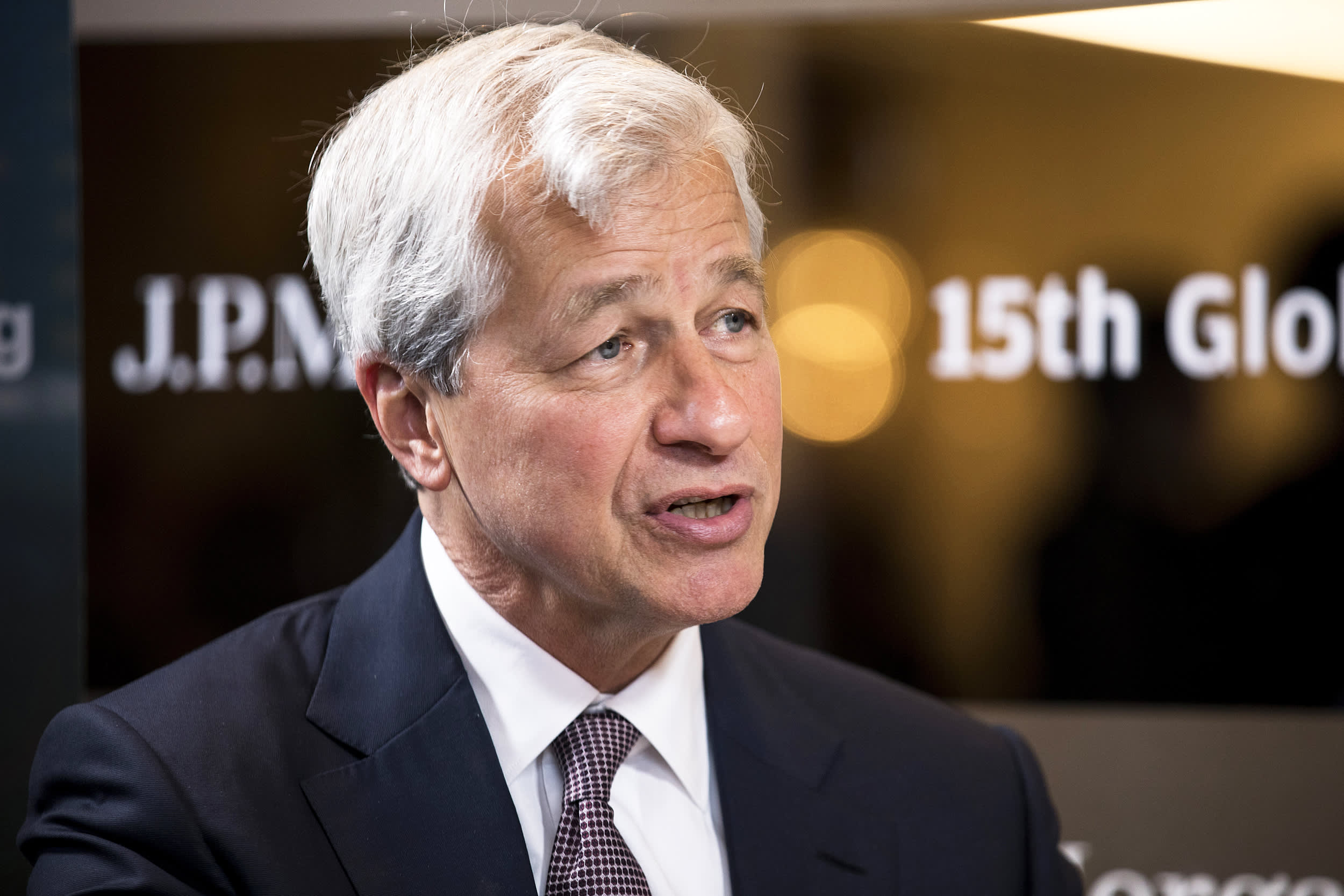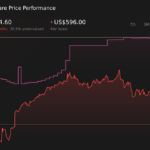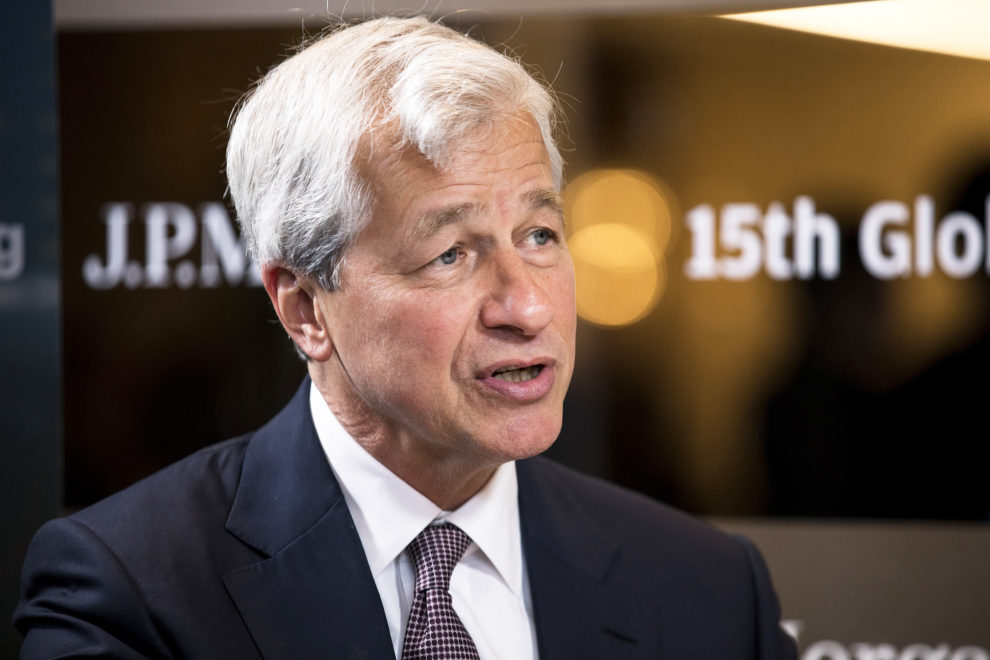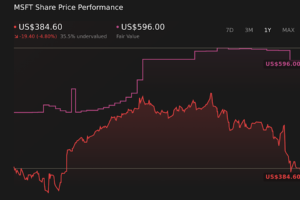
JPMorgan Chase on Tuesday posted first-quarter profit that was well below analysts’ expectations, although the bank’s revenue held up amid the coronavirus pandemic.
The earnings drop was caused by a massive $6.8 billion addition to the bank’s credit reserves. The move signals that management expects a surge in defaults across the company’s lending businesses, from credit cards in its consumer division to energy, real estate and retail sector loans in its commercial operations.
The bank posted quarterly earnings per share of 78 cents, compared with analysts’ $1.84 estimate. Profit of $2.87 billion plunged 69% from a year earlier, driven mostly by the provisions, while revenue proved to be more resilient, slipping 3% from a year earlier to $29.07 billion. Shares of the bank slumped 2.7%, reversing a gain of about 3% in earlier trading.
The pandemic caused sharp declines in profit across three of the bank’s four main divisions; only the asset management business was spared. Another bright spot: JPMorgan’s trading division posted a 32% increase in revenue to a record $7.2 billion. Bond trading revenue surged to $5 billion, a full $1 billion higher than analysts expected, on stronger client activity in government bonds, currencies and emerging markets. Equities trading of $2.2 billion edged out the estimates as well on rising derivatives revenue.
“JPMorgan Chase performed well in what was a very tough and unique operating environment,” CEO Jamie Dimon said in the earnings release. “In the first quarter, the underlying results of the company were extremely good, however given the likelihood of a fairly severe recession, it was necessary to build credit reserves of $6.8 billion, resulting in total credit costs of $8.3B for the quarter.”
Also Tuesday, Wells Fargo reported first-quarter earnings per share of just 1 cent, well below expectations, as the bank set aside money for credit losses amid the pandemic.
Bank stocks have been pummeled this year as the pandemic put an end to the longest economic expansion in U.S. history. Struggling companies across sectors have laid off millions of Americans and tapped bank credit lines, and investors will be looking out for how retail and corporate loan losses are developing.
While “revenues have held up pretty well in most units, the bank took a beating with provisions for credit losses reaching $8.3 billion, up from only $1.5 billion last year,” said Octavio Marenzi, CEO of capital markets consultancy Opimas. “Whether these provisions for credit are enough to cover what is sure to be a wave of defaults in the second quarter is extremely difficult to forecast.”
CFO Jennifer Piepszak warned that, in fact, the bank might be forced to add more to its reserves for defaulted loans, saying that “net reserve builds could be meaningfully higher in aggregate over the next several quarters relative to what we took in the first quarter, of course depending on the path of the economic recovery.”
The bank also lowered guidance on several performance metrics given in January, before the coronavirus crisis took hold in the U.S. The bank is likely to produce about $55.5 billion in net interest income this year, compared to the previous estimate of at least $57 billion, mostly on the impact of lower interest rates.
As the world’s biggest Wall Street bank by revenue, JPMorgan benefited from surging volatility and higher demand in its trading operations. At its annual investor day in late January, JPMorgan co-president Daniel Pinto told investors that trading was headed toward a “mid-teens” percentage increase; the bank effectively doubled that increase for the quarter.
The 64-year-old Dimon said last week in his annual shareholders’ letter that the bank’s earnings “will be down meaningfully in 2020” from the record profit it posted last year. He also warned investors that if the downturn is “extremely adverse,” the bank will probably consider suspending its dividend to preserve capital.
When asked about his health during a call with reporters, Dimon said that he was “doing great” and walking several miles a day. His health scare didn’t change how he viewed his approach to retirement and succession planning, he added.
Here’s what Wall Street expected:
- Earnings: $1.84 per share, a 31% decline from a year earlier, according to Refinitiv.
- Revenue: $29.67 billion, a 0.6% decline from a year earlier.
- Net Interest Margin: 2.37%, according to FactSet
- Trading Revenue: Fixed income $4 billion, equities $2.08 billion









